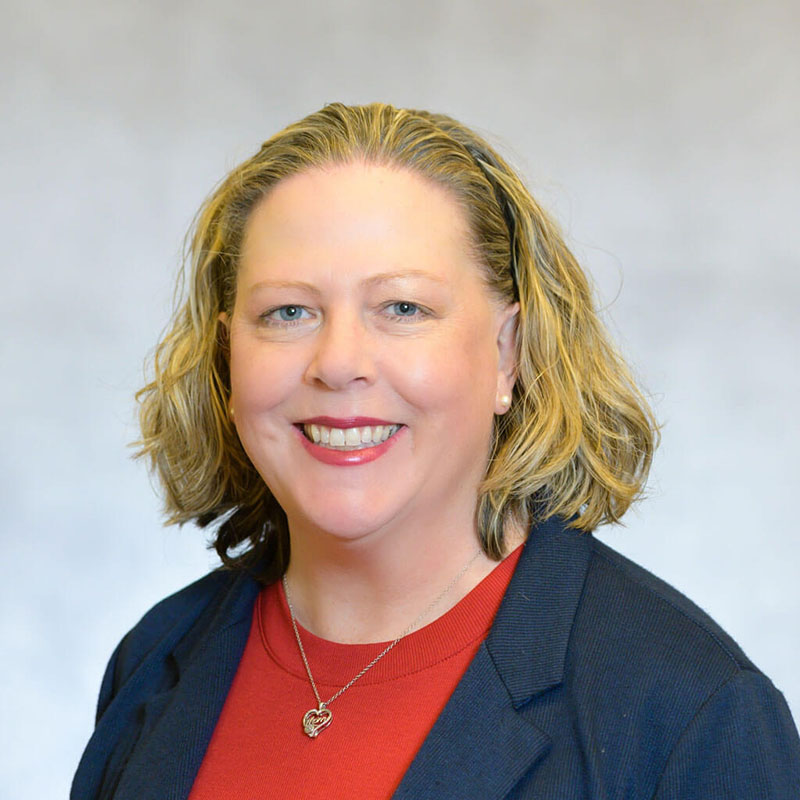Two years ago, NCI launched the Consortium for Cancer Implementation Science (formerly the Implementation Science Consortium in Cancer). I shared information about the Consortium in my blog in November 2020 and am excited to provide an update on Consortium activities since then. As a working meeting, action groups are convened to brainstorm ideas for the development of publicly available resources and tools (public goods) that can move the field forward. During the 2020 Consortium, eight action groups identified 49 themes to be addressed (Table 1). Each of these themes has a variety of potential public goods that could be developed. Several of the themes cut across multiple action groups, as shown in Table 1. Additional details about each of these themes can be found in the Meeting Summary Report.
The overarching principles for the Consortium are inclusion, diversity, transparency, strategy, and efficiency, and these principles are is something we are continuously working on. The Consortium has been referred to as the “big tent,” where anyone who is interested in cancer implementation science is welcome. In thinking specifically about the principles of inclusion and diversity, while everyone is welcome to participate in whatever role that is most comfortable, our goal is to see active engagement in the work of the Consortium for people across the career spectrum. Last year, we launched a trainee and early-investigator post-consortium session so that those new to the field could connect with each other and with researchers across different settings.
We would like to see everyone that is interested in cancer implementation science have an opportunity to actively engage in the Consortium. Developing public goods that have been identified during the Consortium meetings takes time and effort. Some individuals have existing grants that are directly related to the themes of the action groups; however, many individuals do not. To support the principles of inclusion and diversity and encourage work across the 49 themes that were identified in 2020, a small funding opportunity of personal services awards (PSAs) was launched in July 2021 that will provide funding agreements to individuals to work on specific public goods. All are encouraged to apply; however, to expand inclusion and diversity, junior investigators, practitioners, and individuals who work in organizations that don’t currently have NIH Implementation Science grants (R01, R21, R03, P50, U01) will be given additional consideration during the review process. Those new to the field will need to establish a mentoring plan so that they can become grounded in implementation science. They are encouraged to reach out to members of the action groups and other implementation science leaders to develop that plan.
The proposed work for the PSAs must directly relate to the work of at least one of the action groups. It’s important that anyone applying for a PSC connect with the action groups to ensure that the field is able to leverage the great work already done by the action groups! For example:
- The Community Participation action group is currently developing a resource document for stakeholder and community engagement in implementation science.
- The Complex/Mulitlevel Interventions action group is working on an article exploring the difference between multilevel intervention and implementation strategies.
- The Policy action group held a series of Implementation Science webinars between October 2020 and February 2021.
- Policy Implementation Science: A Critical Component of Evidence Translation
- Improving the Use of Scientific Evidence in Policy Formulation
- Adoption of Evidence-Based Policy in Governmental and Non-Governmental Sectors
- Strategies for Integrating Evidence into Policy Implementation
- Reflection on Policy Implementation Science: Growing the Field
- The Policy action group also published a commentary in Ethnicity & Disease: Policy implementation science - an unexplored strategy to address social determinants of health.
- The Global Health action group developed a compendium of IS training offered globally. The compendium is in the process of being finalized and will be hosted as a publicly available resource in the coming year.
- Members of the 2019 Economics & Cost action group have been working on a series of 10 papers. The first article, Translating economic evaluations into financing strategies for implementing evidence-based practices, was published earlier this year.
To learn more about the work of the different action groups, reach out to CCIS@icf.com and ask to join the CCIS Slack Channel.
Information about the call for proposals, application procedure, and eligibility requirements can be found at https://cancercontrol.cancer.gov/is/initiatives/ccis/call-for-proposal.
- Applications will be accepted between July 29th and September 2nd
- Awards will be made by October 1, 2021
- 2021 Consortium for Implementation Science: October 6 - 7, 2021
Cynthia A. Vinson, Ph.D., M.P.A., is a senior advisor for the Implementation Science Team in the Office of the Director in the Division of Cancer Control and Population Sciences (DCCPS) at the National Cancer Institute (NCI). She currently works on building and sustaining the field of implementation science to enhance the integration of evidence-based guidelines, programs, and policies for cancer control in public health and clinical practice.

Dispatches from the Implementation Science Team, is an episodic collection of short form updates, authored by members and friends of the IS team representing a sample of the work being done and topics that our staff are considering for future projects. Topics address some of the advances in implementation science, ongoing issues that affect the conduct of research studies, reflections on fellowships and meetings, as well as new directions for activity from our research and practice communities.


